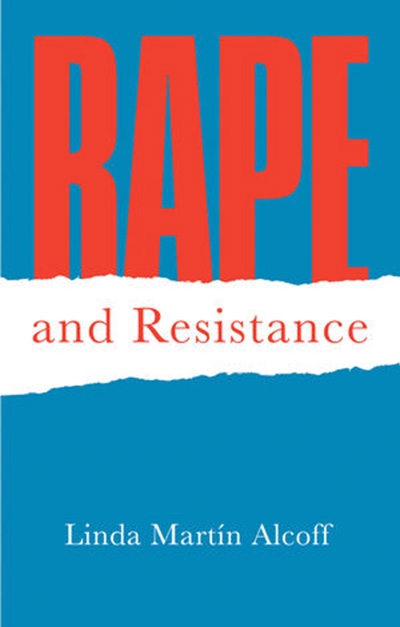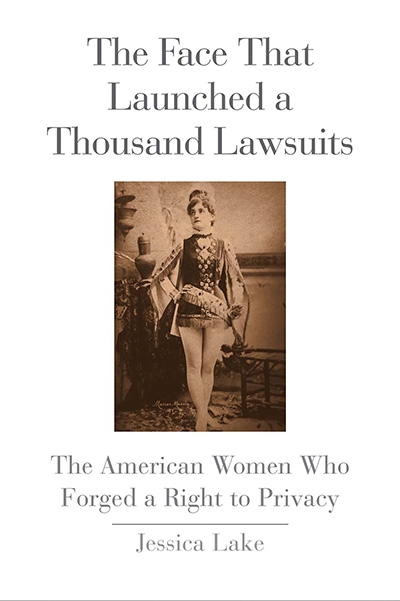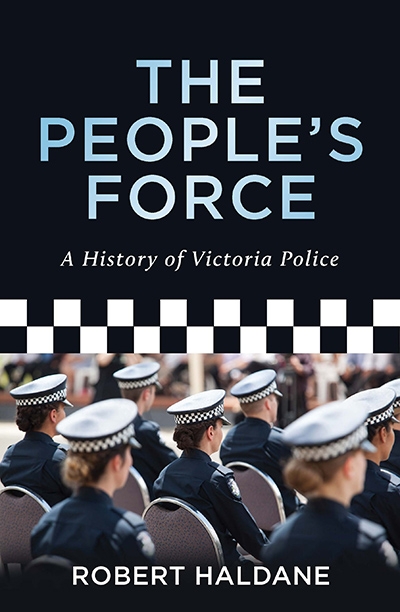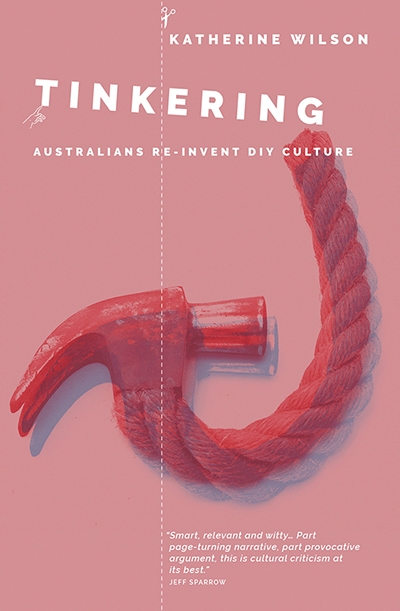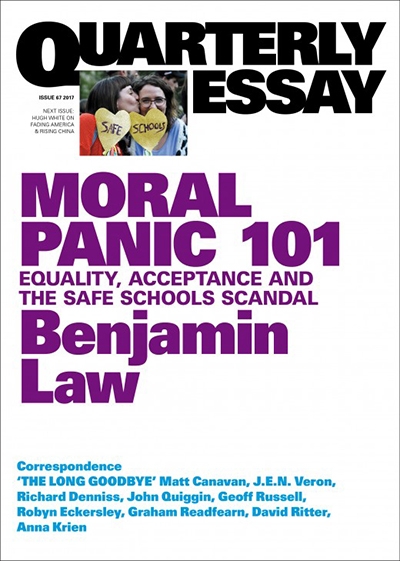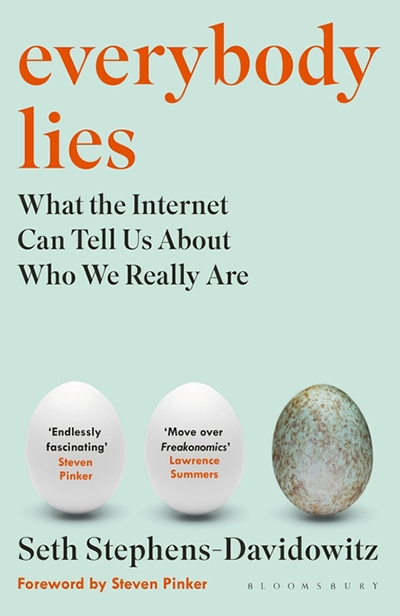Society
'Witch-hunt or a great awakening?: Tensions surrounding the #MeToo movement' by Felicity Chaplin
Earlier this year, following the infamous Barnaby Joyce affair, Malcolm Turnbull called for a rethink of the parliamentary code of conduct to ensure this ‘shocking error of judgement’ on Joyce’s part did not happen again. New ‘guidelines’ would prevent senior politicians from engaging in a sexual relationship with their staffers ...
... (read more)Rape and Resistance: Understanding the complexities of sexual violation by Linda Martín Alcoff
Linda Martín Alcoff ends her book Rape and Resistance with the question of love, as it has been explored in the fiction of Dominican- American writer Junot Díaz. There are no easy moral binaries in Díaz’s writing, she notes. Sex lives are navigated in the midst of intergenerational trauma transferred from mothers who are rape victims to daughters and sons. As Díaz says ...
... (read more)The face that launched a thousand lawsuits: The American women who forged a right to privacy by Jessica Lake
Privacy is having its moment. Google users have unknowingly permitted the corporation to track their every movement and record every web search, YouTube video watched, and more. Facebook allowed data to be collected from users and their friends via a third-party application, which were then used by data analytics firm ...
... (read more)The People’s Force: A history of Victoria Police by Robert Haldane
Australians tend to have an ambivalent attitude to their respective police forces. We automat- ically expect that they will be there in an emergency. We share their grief when one of their number is killed while on duty, yet we regard Ned Kelly as a folk hero, even though he was responsible for the murder of three policemen in ...
... (read more)Tinkering: Australians reinvent DIY culture by Katherine Wilson
What is tinkering? As Katherine Wilson makes clear in Tinkering: Australians reinvent DIY culture, there is an easy answer to that question – but also several complex ones. At the physical level, tinkering is what the protagonists in Wilson’s book do: they convert cars to run on vegetable oil ...
... (read more)In the Australia of my childhood, the Gypsy skirt was fashionable, ABC Radio played Django Reinhardt, ‘The Gypsy Rover’ was in school songbooks, peripatetic players were called ‘Gypsy footballers’, the Gypsy Jokers were a feared bikie gang, and nefarious Gypsies were stock villains in children’s books. Gypsies – or Roma – occupied cultural terrain, but ...
... (read more)Moral Panic 101: Equality, acceptance and the Safe Schools scandal (Quarterly Essay 67) by Benjamin Law
It is rare, in 2017, to return to a long news story’s beginning, to untangle its threads and find how it came to occupy its looming position in the cultural imagination, to learn how the dog-whistle words gathered their energy. Impressively, Benjamin Law’s Quarterly Essay achieves this feat. It is a meticulously researched piece of writing, clear-eyed and forceful ...
... (read more)Everybody Lies: What the Internet can tell us about who we really are by Seth Stephens-Davidowitz
With the help of new data such as Google searches, economist Seth Stephens-Davidowitz promises to reveal our innermost secrets. ‘Everything is data!’ he writes, ‘And with all this new data, we can finally see through people’s lies.’ Everybody Lies is a techno-evangelist’s search for clean answers amid the tangle of society ...
... (read more)For decades, centuries, millennia, homosexuals (here as elsewhere) have been insulted, blackmailed, beaten, incarcerated, and murdered. Even now homosexuality remains one of the principal causes of suicide and despair in our society, especially among young males.
... (read more)Depends What You Mean By Extremist: Going rogue with Australian deplorables by John Safran
David Marr’s Quarterly Essay, The White Queen: One Nation and the politics of race (2017) is a comprehensive and scholarly look at Pauline Hanson’s appeal, and what her revival, tepid as it may be in an international context, says about the way race has been exploited in the bread and circuses of politics. John Safran is equally interested in race, and ...


